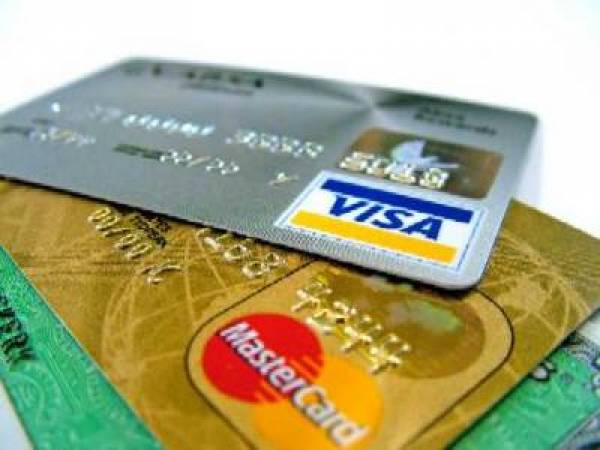Do Online Gamblers Really Have to Pay?

In today's world of Internet gambling there is more uncertainty than ever. Can U.S. Citizens legally gamble online? Can banks really stop gambling transactions? Does anyone really know what the term "internet gambling" in the UIGEA even means? The answer is NO.
With the recent poker scandals, DOJ Arrests, and Payment Processing woes, the entire industry seems like it's laying low while it prays for new legislation to be passed.
While all this is going on, some players are starting to raise an important question. DO WE REALLY HAVE TO PAY?
VISA and MASTERCARD offer customer the ability to dispute ANY transactions with their bank. Also ACH (e-Checks) can also be disputed with your bank per the NACHA rules. Basically, anyone can chargeback transactions for any of the following reasons.
1. I do not recognize this charge
2. I was double billed
3. Did not receive service or merchandise
4. Service was not as described
5. I cancelled a subscription
Many gamblers are using this tactic with online gambling sites. They "claim" they get cheated by a super user or suspicious player; they call their bank and charge it back.
One gambler reported to Gambling911 that he charged back over $20,000 of transactions done at a poker site, and it was as easy as calling his bank and disputing the charge. "The whole process from first phone call to getting the credits was about 14 business days." He explained. "This was over a year ago, and I have heard nothing from the poker site, or anyone regarding this matter" He went on to further explain that he didn't have to tell them what it was for, just that he did not authorize the charge. Of course the gaming site blocked him and he can no longer access his account.
Since gaming sites use independent payment processors, the transactions do not look like gambling. They might show up as anything from a pre-paid phone card to online jewelry.
One industry expert, who chose to remain anonymous, claimed "Look with all the uncertainty in this industry, when a player charges back, the sites have their hands tied because there is not much they can do. These gambling sites are making so much money that the small percentage of customers who chargeback, doesn't really affect their bottom line. It's like any business who has an allowance for bad-debt"
Some players on a popular message board are starting to catch on as well. They make the claim that "If I deposit and win, then I cash out. If I deposit and lose, I charge it back" These customers are much more hostile, and basically try to take advantage of gambling sites. Luckily, many sites like those endorsed by Gambling911.com share information, which can prevent these hostile players from even making a deposit, but many do get through and create debt.
One gambling site found an interesting way of combating their debtors. Creditwagering.com has posted a list of all customers and their pictures on their "stiff list" http://www.creditwagering.com/regularstiffs/
So do we really have to pay for online gambling? This is just another question to add to the list at the top of this article. No one knows!
This is just another reason why the U.S. Government should step in to regulate - and perhaps even tax - the multi-billion dollar online gambling industry.
Kevin Lawrence, Gambling911.com













